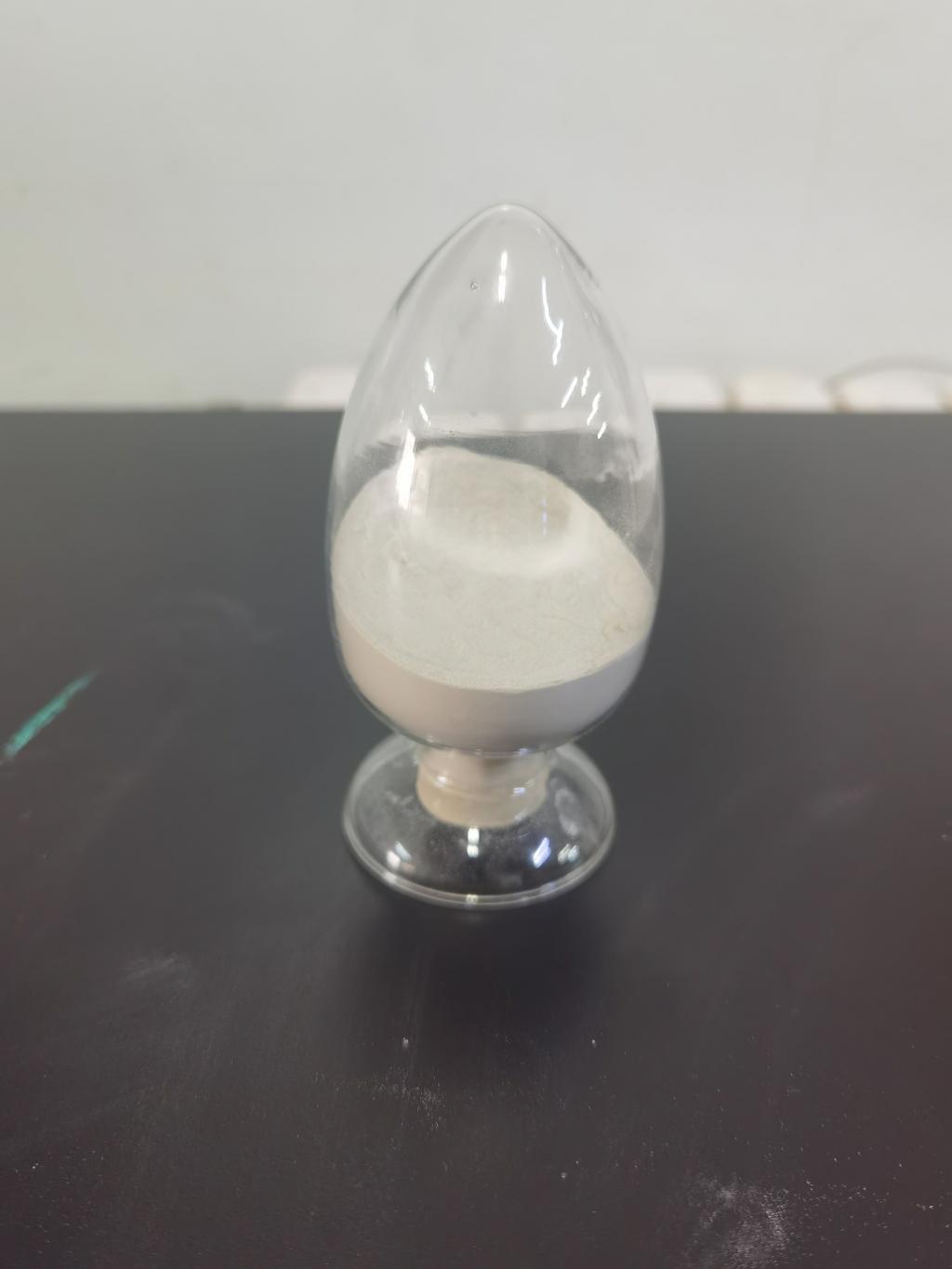Tel:+8618231198596

News
 CONTACT
CONTACT
 CONTACT
CONTACT
- Linkman:Linda Yao
- Tel: +8618231198596
- Email:linda.yao@dcpharma.cn
- Linkman:CHARLES.WANG
- Department:Overseas
- Tel: 0086 0311-85537378 0086 0311-85539701
News
Current Position:
Home >
News
>Can Nisin be used in the preservation of ready-to-eat or pre-packaged meals?
Can Nisin be used in the preservation of ready-to-eat or pre-packaged meals?
TIME:2023-06-07
Understanding the Challenges in RTE and Pre-Packaged Meal Preservation:
1.1 Microbial Spoilage:
RTE and pre-packaged meals are susceptible to microbial spoilage due to the presence of nutrients and favorable conditions for microbial growth. Common spoilage microorganisms include bacteria, molds, and yeasts, which can cause sensory deterioration, texture changes, and off-flavors in the meals.
1.2 Foodborne Pathogens:
In addition to spoilage organisms, the presence of foodborne pathogens in RTE and pre-packaged meals poses serious health risks. Pathogens such as Listeria monocytogenes, Salmonella, and Escherichia coli can cause foodborne illnesses if not effectively controlled.
Nisin as a Preservative in RTE and Pre-Packaged Meals:
2.1 Antimicrobial Efficacy:
Nisin has demonstrated strong antimicrobial activity against a wide range of Gram-positive bacteria, including both spoilage organisms and foodborne pathogens. Its mode of action involves binding to the bacterial cell membrane, leading to pore formation, ion leakage, and cell death.
2.2 Application Methods:
Nisin can be incorporated into RTE and pre-packaged meals through various application methods, including direct addition, coatings, and incorporation into packaging materials. These methods ensure even distribution and contact of nisin with the food matrix, enhancing its effectiveness as a preservative.
Benefits of Nisin in RTE and Pre-Packaged Meal Preservation:
3.1 Extended Shelf Life:
The antimicrobial properties of nisin allow for the extension of the shelf life of RTE and pre-packaged meals. By inhibiting the growth of spoilage microorganisms and foodborne pathogens, nisin helps maintain the safety, quality, and freshness of these meals, reducing food waste and improving consumer satisfaction.
3.2 Preservation of Nutritional Quality:
Nisin's ability to control microbial growth also contributes to the preservation of the nutritional quality of RTE and pre-packaged meals. By preventing spoilage, it helps retain the nutritional value, flavor, and texture of the meals, ensuring that consumers receive a high-quality product.
Safety Considerations:
4.1 GRAS Status:
Nisin is classified as Generally Recognized as Safe (GRAS) by regulatory authorities, including the United States Food and Drug Administration (FDA) and the European Food Safety Authority (EFSA). Its long history of safe use in food applications further supports its suitability as a preservative in RTE and pre-packaged meals.
4.2 Minimal Impact on Sensory Attributes:
Studies have shown that nisin, when used at appropriate concentrations, does not significantly impact the sensory attributes, such as taste, texture, and aroma, of RTE and pre-packaged meals. This ensures that the meals retain their desired sensory characteristics and consumer acceptance.
Regulatory Considerations:
5.1 Labeling and Regulations:
Food manufacturers must adhere to specific regulations and labeling requirements when using nisin as a preservative. It is essential to comply with local regulatory authorities to ensure the proper and legal use of nisin in RTE and pre-packaged meals.
5.2 Maximum Permissible Concentrations:
Different countries may have specific guidelines regarding the maximum permissible concentrations of nisin in food products. Manufacturers must stay updated with the regulations to ensure compliance and consumer safety.
Conclusion:
Nisin holds significant promise as a natural preservative in the preservation of RTE and pre-packaged meals. Its potent antimicrobial activity, extended shelf life benefits, and minimal impact on sensory attributes make it an attractive option for food manufacturers. By incorporating nisin into these meals, manufacturers can enhance food safety, extend product shelf life, and meet consumer demands for convenient and safe food options. However, adherence to regulatory guidelines and continuous research in this field are necessary to ensure the effective and safe utilization of nisin in RTE and pre-packaged meal preservation.
- Tel:+8618231198596
- Whatsapp:18231198596
- Chat With Skype







